VIDA.... Life at the center of coffee production
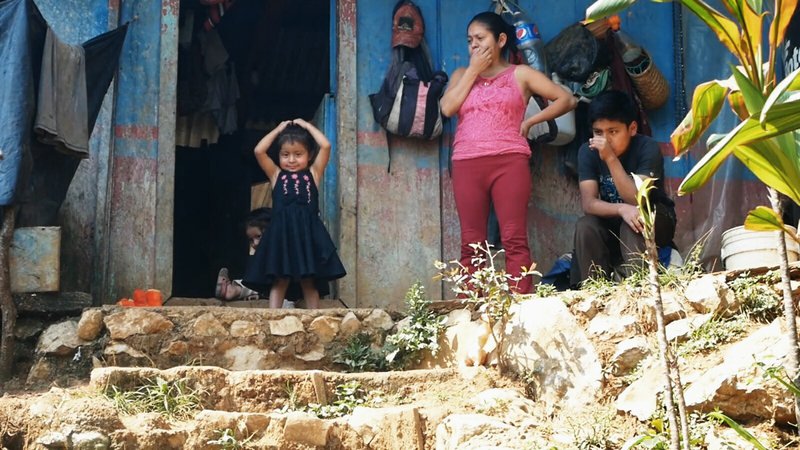
It was impossible to visit Mexico without stopping by the area of Veracruz, the second most important coffee production area after Chiapas.
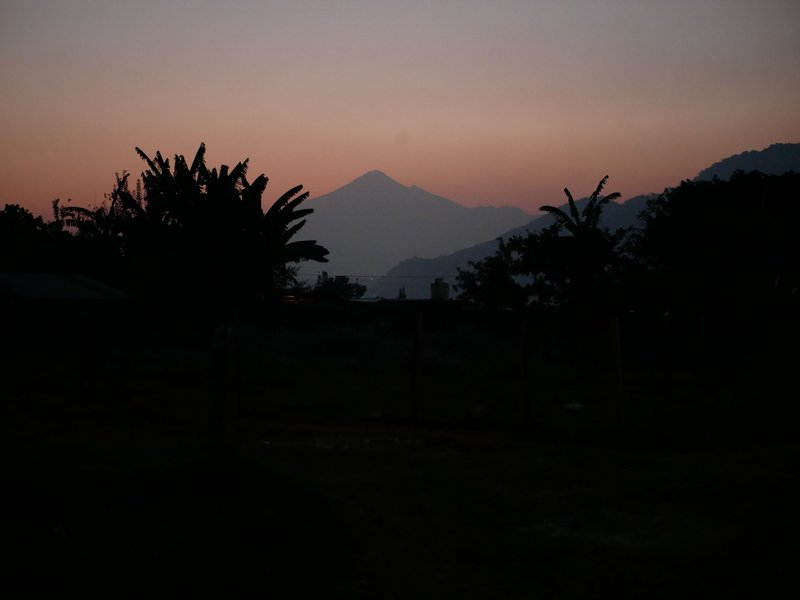
This region is known as the golden strip that runs from the peak of Orizaba to Xalapa. It is a highly productive area with its 10 different sub-regions. The cities o Ixhuatlan del Café, Huatusco and Chocamán alone concentrate the principal area of organic coffee in Veracruz which generate a significant impact at the environmental and economic levels.
There we've met Gisela Illescas and Briseida Venegas from the organization VIDA, an organic coffee cooperative with agroecological practices.
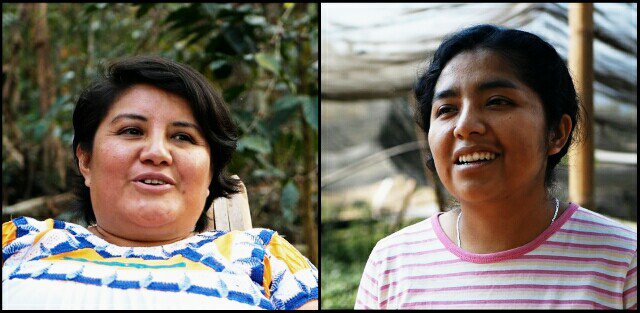
After presenting the context and importance of the coffee in this region, they introduced the challenges that producers and communities are facing and how VIDA intervenes in this context.
Challenges of the coffee sector.
Both price and climate change affect producers. The international price no longer allows the smallers to live only of coffee.They are forced to change and integrate other crops that are less exigent and can follow models of conventional agriculture, a monoculture without shade using chemical farm inputs.
"It is a serious problem, it is like a malicious circle, there are low prices, so there is migration, so there is familial disintegration, so there is violence and impact from the global to the local" explains Gisela
VIDA was created as a militant organization and with a transformative vision. Its objective is to generate a fair social change to improve the lives of rural communities and families through a strong organization with structural and solidarity programs. It puts life and dignity at the center of the production system and recognizes the contribution of women in coffee through, among others, its brand Femcafé.
"When we talk about coffee, we do not only refer to the production but also to how a crop brought by the colons has been integrated into a territory, a community, an ecosystem"
One of the challenge is to think concretely how to connect this coffee production with existing food systems. In VIDA, it is done through agroecology.
Because agroecology, besides being a set of practices that allow conserving soil, water and biodiversity, also leads us to think about how to live in a different model within a community in a context of inequality and poverty, facing a system of oppression that is the global food system.
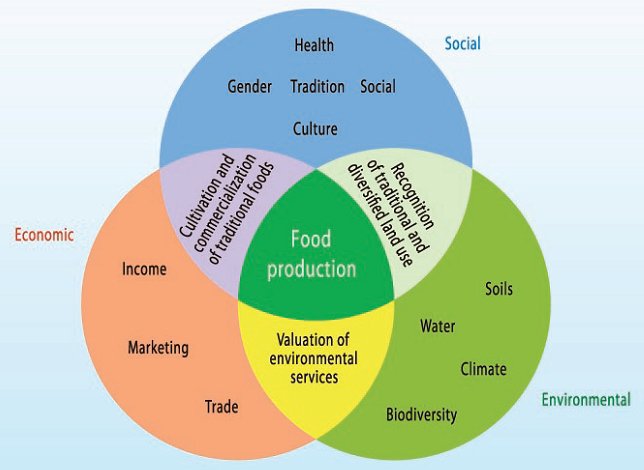
"The strongest thing we have is the hope that changes can be achieved. But the first change has to come from us. We cannot wait for someone to do it for us"
How to get a decent life as farmers?
The cooperative has implemented several lines of action over the years under the principles of equity and justice.
Agroecology
It is the governing program of organic coffee growing. It implies having good quality plants, shade management, intercrops for food, integrated soil management.
As part of this program, producers are also learning how to add value to their product. Thanks to the installation for example, of machines for coffee cherries pulping, small producers can prepare parchment coffee sold at a much better price than simple cherries.
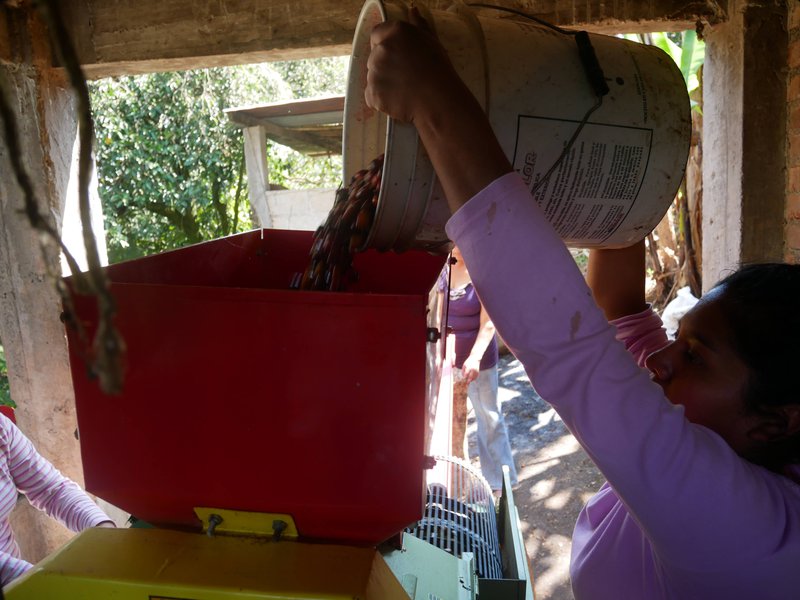
The cooperative also teaches them what a specialty coffee is and how to get a quality product that will make the difference in the market. How to select the best fruits from the harvest, how to remove the floaters and defective beans? How to prepare washed and honey coffees by controlling the fermentation and drying times?
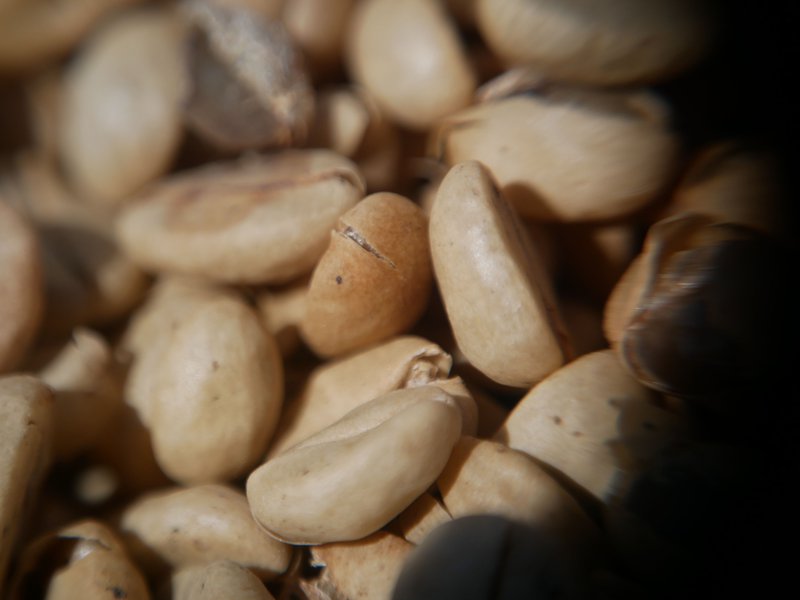
The cooperative organizes informative and training sessions in collaboration with agronomists that come directly on the field. The producers then often help each other.
Food sovereignty
The issue of food sovereignty and justice is also at the heart of the VIDA project. As conventional farming systems favor shade-free monoculture, the rotation and complementarity of crops has disappeared and, with them, the food self-sufficiency.
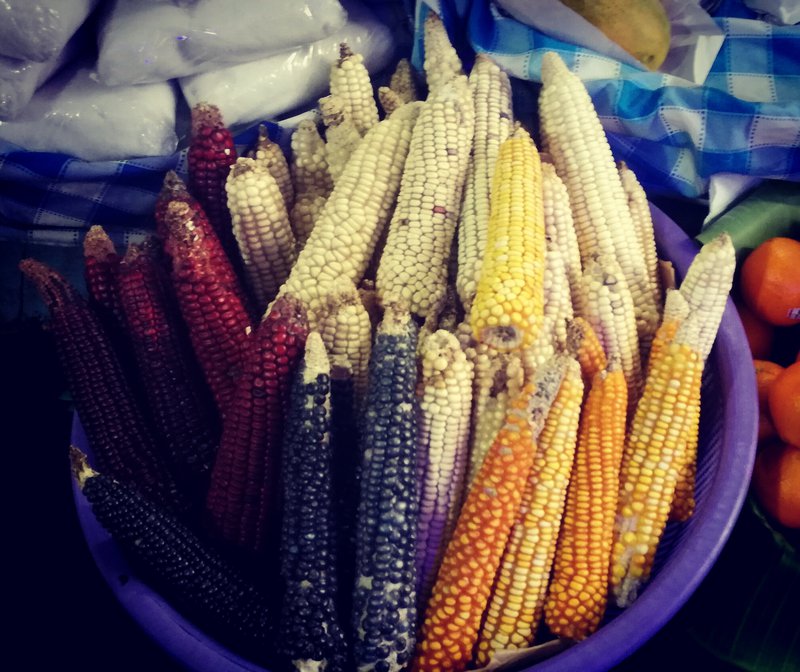
Much work is done to reintegrate food crops that can feed people. Beans, oranges, lemons, avocados can perfectly be integrated into coffee farms. Then they can be exchanged through a system of barter with other foods that do not grow in the region. Corn for example is a fundamental ingredient for the Mexican culture and serves as a base for many culinary preparations (tortillas, tamales, atole ...)
Intergenerationality
In a world where peasant life is denigrated, it is important to preserve links between generations and to integrate young people so that they do not despise their land and the value of peasant work. In the past, there has been a sharp depreciation of peasant life. Back at that time you could hear:
"Study so that you won't become a peasant"
A seemingly banal phrase that says a lot about our perception of success, the main reference being material wealth. Such a vision has generated uprooting of young people from their homelands, rural exodus and generations leaving for a "better life" in the USA.
Youth integration needs to be structural within organizations and families. Young people must BE involved in their communities. At VIDA, "savings groups" have been created so that children learn to save and manage their money from an early age. They are accompanied by the oldest in this apprenticeship. Thus the link between the different generations is maintained.
"I do not call it a generational change that would imply a disappearance of our grandparents. It's rather that there is a link between these generations" says Gisela.
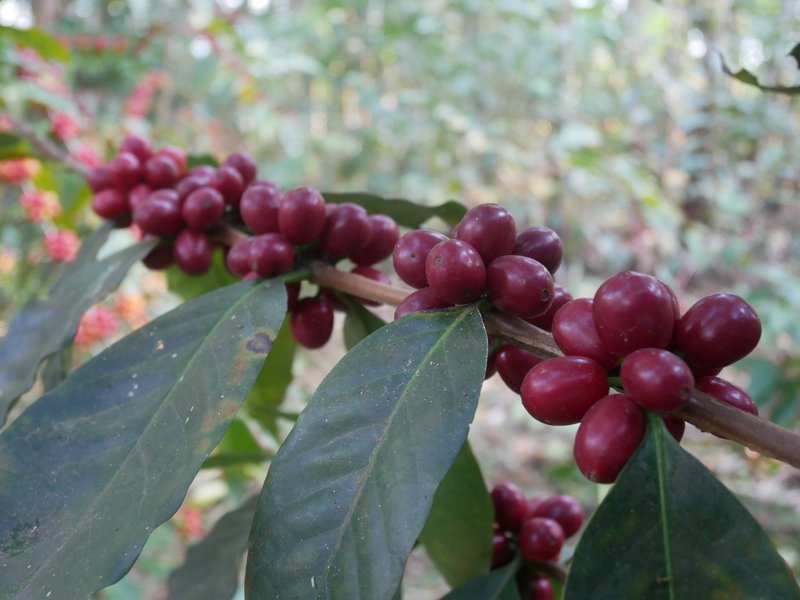
"We have to change our mentality. We have to instill the love of coffee and of everything one work for."
Peasant life is complex. That love of the land, of the territory and the pride to be farmers and coffee growers is important.
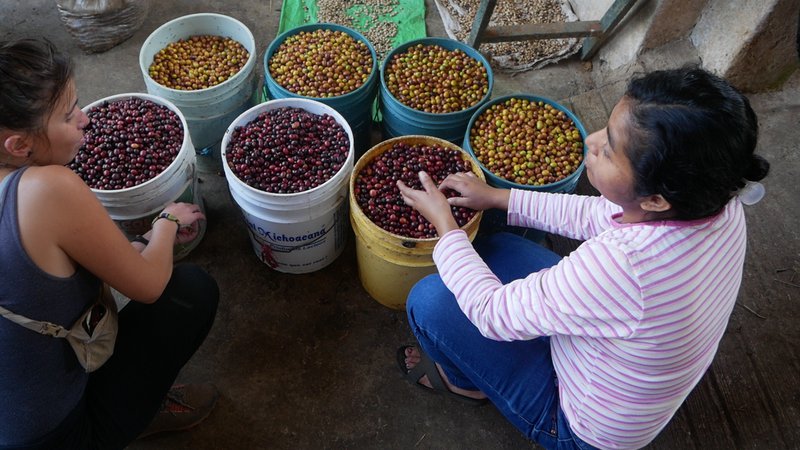

 Mexico
Mexico Colombia
Colombia Ethiopia
Ethiopia Guatemala
Guatemala Indonesia
Indonesia Kenya
Kenya Philippines
Philippines Tanzania
Tanzania Uganda
Uganda